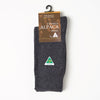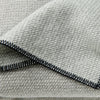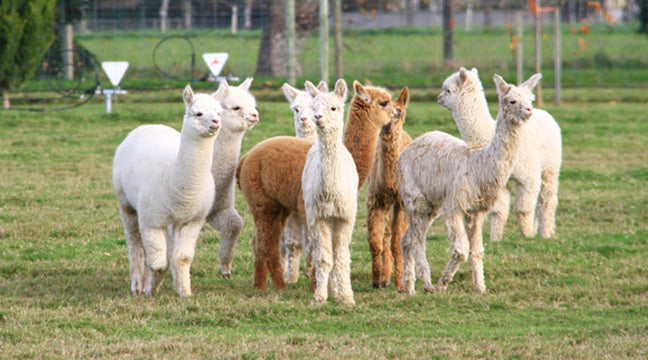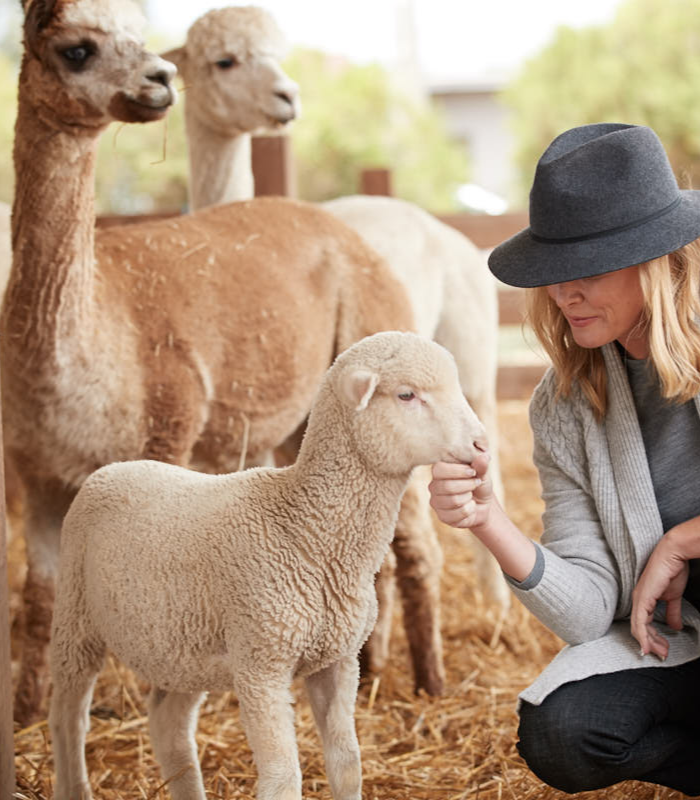Is Alpaca Wool environmentally friendly?
Alpacas have many unique attributes, making them an eco-friendly animal, ideal for 2024’s environmentally aware farmer. Here are some reasons why:
Efficiency:
Alpacas are exceptionally efficient and vastly cleaner than other harvested grazing animals. Their economic drinking and eating habits, combined with their ability to produce a woollen fleece faster than sheep, whilst remaining unharmed in the shearing process, could make alpacas the greenest animal on the planet.
Light impact:
Alpacas padded feet are gentle on the terrain, grazing without destroying root systems and interfering with the soil’s complexion. They are herbivores, eating only vegetation, meaning less environmental resources are needed to farm.
Adaptable:
The alpaca’s fine and light fleece does not retain water, is a thermal insulator even when wet and can resist solar radiation effectively. Alpacas are hardy, typically residing in harsh climates, although they seem to adapt quickly to most climates, elevations, and conditions.
Biodegradable:
Alpaca extremely fine wool is an entirely biodegradable fabric, which means it does not pollute the environment. Due to the fabric’s purity, no harsh chemicals need to be used during the wool harvesting process, not to alter its natural biodegradable qualities.
Creswick Woollen Mills Supporting Australian Alpaca Industry and Alpaca Environment
Creswick Woollen Mills understands that the alpaca wool industry is full of opportunity and benefits. We wish to bring the best quality alpaca wool garments to our customers in 2024, with the confidence of complete product satisfaction.
View our Alpaca collection today.











